“I’ve learned that no matter what happens, or how bad it seems today, life does go on, and it will be better tomorrow. I’ve learned that you can tell a lot about a person by the way he/she handles these three things: a rainy day, lost luggage, and tangled Christmas tree lights. I’ve learned that regardless of your relationship with your parents, you’ll miss them when they’re gone from your life. I’ve learned that making a “living” is not the same thing as making a “life.” I’ve learned that life sometimes gives you a second chance. I’ve learned that you shouldn’t go through life with a catcher’s mitt on both hands; you need to be able to throw something back. I’ve learned that whenever I decide something with an open heart, I usually make the right decision. I’ve learned that even when I have pains, I don’t have to be one. I’ve learned that every day you should reach out and touch someone. People love a warm hug, or just a friendly pat on the back. I’ve learned that I still have a lot to learn. I’ve learned that people will forget what you said, people will forget what you did, but people will never forget how you made them feel.”
– Maya Angelou
This quoteby Maya Angelou, “I’ve learned that no matter what happens, or how bad it seems today, life does go on, and it will be better tomorrow. I’ve learned that you can tell a lot about a person by the way he/she handles these three things: a rainy day, lost luggage, and tangled Christmas tree lights. I’ve learned that regardless of your relationship with your parents, you’ll miss them when they’re gone from your life. I’ve learned that making a ‘living’ is not the same thing as making a ‘life.’
I’ve learned that life sometimes gives you a second chance. I’ve learned that you shouldn’t go through life with a catcher’s mitt on both hands; you need to be able to throw something back. I’ve learned that whenever I decide something with an open heart, I usually make the right decision. I’ve learned that even when I have pains, I don’t have to be one. I’ve learned that every day you should reach out and touch someone.
People love a warm hug, or just a friendly pat on the back. I’ve learned that I still have a lot to learn. I’ve learned that people will forget what you said, people will forget what you did, but people will never forget how you made them feel,” encapsulates a series of profound life lessons derived from Angelou’s extensive observations and experiences. Here’s a detailed breakdown of its meaning:
“I’ve learned that no matter what happens, or how bad it seems today, life does go on, and it will be better tomorrow”:
Angelou begins by emphasizing the resilience of life. This statement provides reassurance that no matter the severity of current difficulties, time has a way of healing and improving situations. It’s a message of hope and perseverance, encouraging individuals to endure through tough times with the belief that better days are ahead.
“I’ve learned that you can tell a lot about a person by the way he/she handles these three things: a rainy day, lost luggage, and tangled Christmas tree lights”:
This insight highlights how small, everyday challenges can reveal a person’s character. How someone responds to inconveniences and minor frustrations can be indicative of their patience, resourcefulness, and temperament. It suggests that grace under pressure and the ability to handle unexpected setbacks with calmness and positivity are important traits.
“I’ve learned that regardless of your relationship with your parents, you’ll miss them when they’re gone from your life”:
Angelou touches on the deep, often complicated bonds we share with our parents. Despite any difficulties or conflicts, the absence of parents leaves a significant emotional void. This underscores the importance of cherishing family relationships while we have them, as they are irreplaceable once lost.
“I’ve learned that making a ‘living’ is not the same thing as making a ‘life’”:
This distinction underscores the difference between merely earning an income and creating a fulfilling, meaningful existence. Angelou reminds us that true happiness and satisfaction come from pursuing passions, forming meaningful relationships, and experiencing joy beyond the confines of work and financial stability.
“I’ve learned that life sometimes gives you a second chance”:
This statement speaks to the opportunities for redemption and renewal that life can offer. It encourages the belief in the possibility of new beginnings and the chance to correct past mistakes or take new paths, fostering a sense of optimism and resilience.
“I’ve learned that you shouldn’t go through life with a catcher’s mitt on both hands; you need to be able to throw something back”:
Angelou uses this metaphor to illustrate the importance of reciprocity and active participation in life. It’s a call to not just take or receive but to also give back, contribute, and engage actively with the world and those around us.
“I’ve learned that whenever I decide something with an open heart, I usually make the right decision”:
This line emphasizes the value of sincerity and emotional openness in decision-making. Angelou suggests that when we approach choices with honesty and empathy, we are more likely to make decisions that align with our true values and lead to positive outcomes.
“I’ve learned that even when I have pains, I don’t have to be one”:
Here, Angelou addresses personal responsibility in how we handle our own suffering. Despite experiencing pain, we have the choice to not let it negatively impact those around us. It’s a lesson in maintaining grace and kindness despite personal struggles.
“I’ve learned that every day you should reach out and touch someone. People love a warm hug, or just a friendly pat on the back”:
This underscores the importance of physical touch and simple gestures of kindness in human connection. Angelou highlights how everyday acts of affection and support can significantly enhance relationships and emotional well-being.
“I’ve learned that I still have a lot to learn”:
Angelou’s acknowledgment of continuous learning reflects a humble and open-minded approach to life. It emphasizes that personal growth and knowledge are lifelong pursuits, and there is always more to understand and discover.
“I’ve learned that people will forget what you said, people will forget what you did, but people will never forget how you made them feel”:
This iconic statement encapsulates the lasting impact of emotional experiences. Angelou stresses that while words and actions may be transient, the feelings we evoke in others endure. It’s a call to prioritize empathy, kindness, and positive emotional engagement in our interactions.
In essence, Angelou’s quote provides a comprehensive guide to living a thoughtful, empathetic, and meaningful life. It encourages resilience, kindness, continual learning, and the importance of emotional connections, offering timeless wisdom for personal growth and human interaction.
Read: 50 Beautiful Maya Angelou Quotes That Celebrate Love and Life
Maya Angelou Quotes, quotes about maya angelou, best maya angelou quotes, short maya angelou quotes, famous maya angelou quotes, maya angelou quotes about life, Life Quotes, quotes about life, life quotes deep, live life quotes, best life quotes, living life quotes, positive life quotes, good people quotes, short people quotes
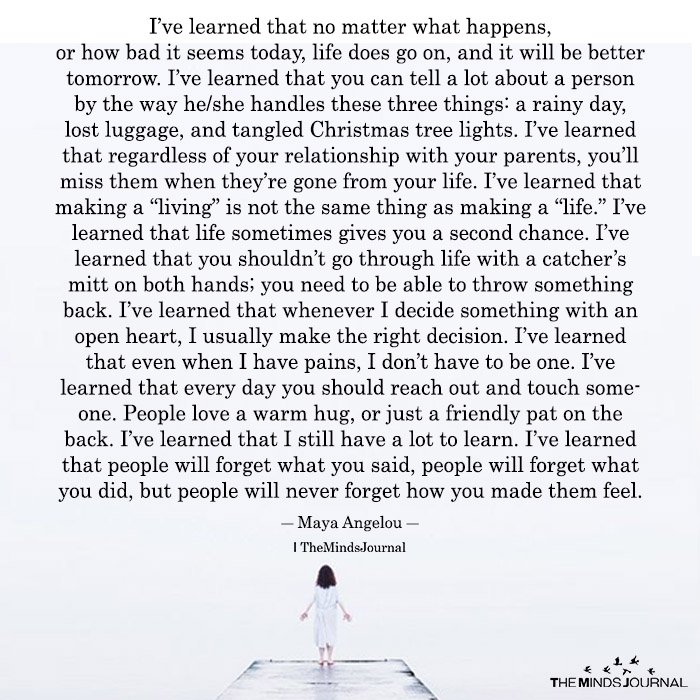
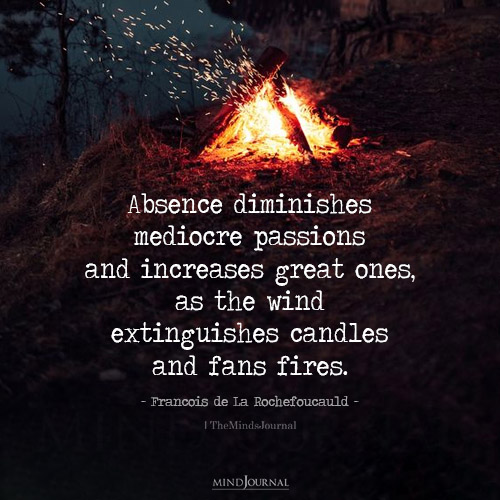
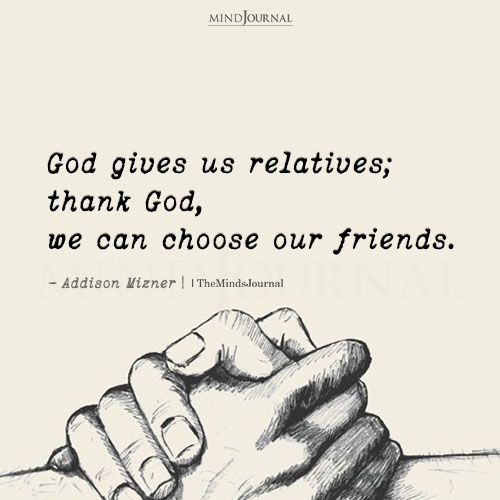
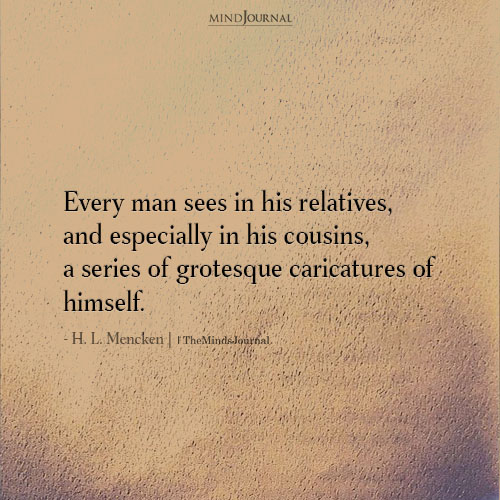
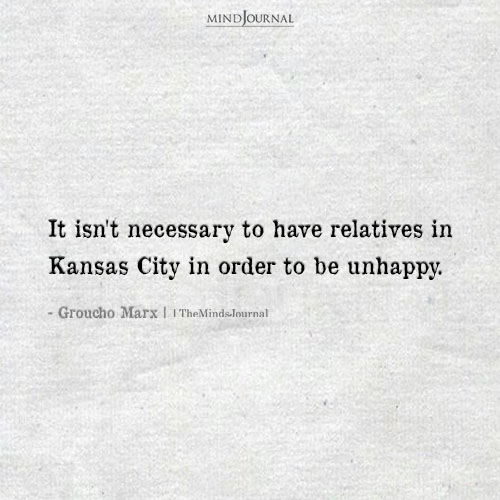
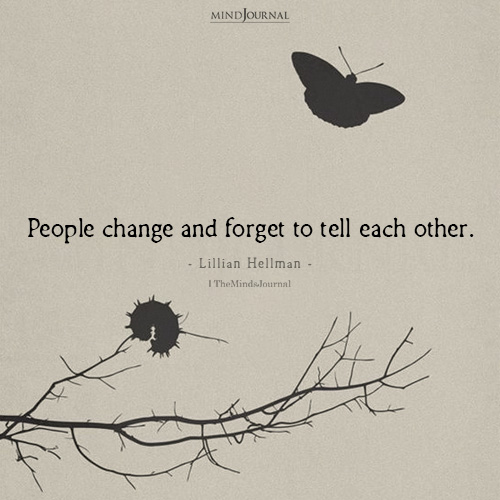


Leave a Reply
You must be logged in to post a comment.